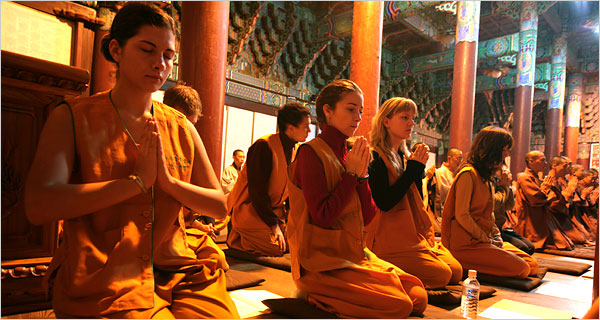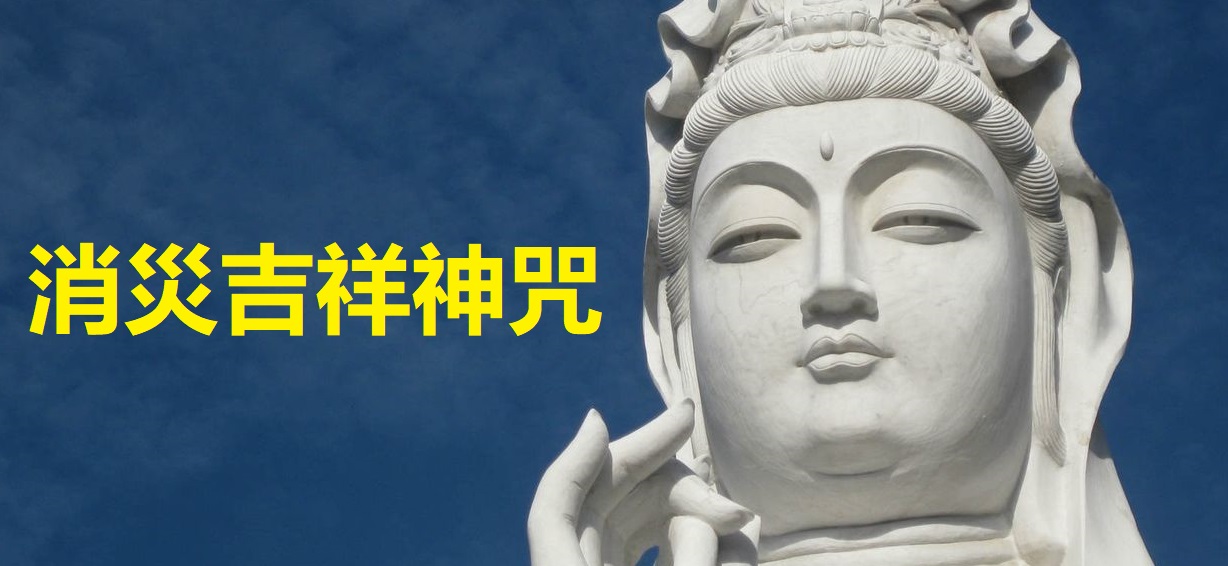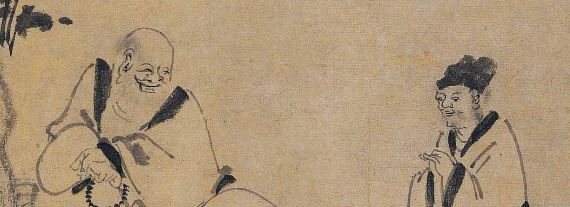遊戱法王宮
swim play dharma king palace
遊 yóu, to swim; 戱 xì to play; 法 fǎ Dharma; 王 wáng king; 宮 gōng palace
Category: zen
“Zen is Buddhism and not a special teaching distinct from the other schools of Buddhism”
if you ask me to talk about our teaching, I will talk mostly about the teaching of Buddhism
The Great Dragon Samadhi (那伽大定)
那 伽 nà-gā
大 dà great
定 dìng samadhi
Go out through the gate, and you meet Shakyamuni. Come in through the gate, and you meet Maitreya.
出 = come out, leave
門 = gate
逢 = meet
釋迦 = Shakya, the historical Buddha
No words are needed between these two friends (aka: Riding the Ox Home)
知音何必鼓唇牙
知音 lit: know sound; meaning: one who listens attentively, bosom friend, a friend who understands you
何必 lit: why certainly; meaning: why?
鼓唇牙 lit: drum, lip, teeth; meaning: nonsense sounds
my “translation”: No words are needed between these two friends
The Ten Merits of Yeom Bul Chanting (高聲念佛十種功德)
First, the merit of waking us from sleep.
Second, the merit of surprising and repelling malicious spirits.
Third, the merit of the sound reaching to the ten directions.
Fourth, the merit of resting the suffering of the three lower paths.
Fifth, the merit of keeping out exterior sounds.
Sixth, the merit of keeping the mind which is chanting from scattering.
Seventh, the merit of (helping us) to make ferocious effort.
Eighth, the merit of making all the buddhas happy.
Ninth, the merit of bringing the experience of samādhi directly to us.
Tenth, the merit of bringing about rebirth in the Pure Land.
“Light and dark oppose one another, like the front and back foot in walking.”
明暗各相對 比如前後歩
Light and dark oppose one another like the front and back foot in walking. (English translation)
Most of the characters in this line from the Sandokai are very common Chinese words. Six out of the ten characters are part of the most basic level of Chinese proficiency for those learning it as a foreign level (HSK level 1). Only two of the characters are relatively “advanced”, one is HSK level 4 (各), and other is level 5 (暗). But in fact both of these characters are easy to recognize and have fairly simple meanings.
“No matter how busy you are today, please recite the Mantra of Disaster Elimination and Auspiciousness one time!”
今天無論你多忙,請把《消災吉祥神咒》念一遍!
No matter how busy you are today, please recite the Mantra of Disaster Elimination and Auspiciousness one time!
又稱消災咒、消災真言、消災陀羅尼。乃消除諸種災害,成就吉祥事之神咒。
Also known as Disaster Elimination Mantra, Disaster Elimination Mantra, Disaster Elimination Dharani. It is a divine mantra to eliminate all kinds of disasters and achieve auspicious things.
Dharani of the Twelve Buddhas
This Dharani is found in the Twelve Buddhas Sutra (十二佛名神呪校量功德除障滅罪經)
https://read.84000.co/translation/toh511.html
The Twelve Buddhas (十二佛) are also known as the “Twelve Honored Buddhas Who Remove the Karmic Store for Those Who Repent” (懺除業障十二尊佛).
“turn the illuminating light of the mind inward” (Chushi Fanqi 楚石梵琦)
“If you cannot achieve pure and single right-mindfulness and if torpor and distraction arise, do not drive them away consciously. Drop the huatou [Amituofo], turn the illuminating light of the mind inward, and find the source from which torpor and distraction come.”






